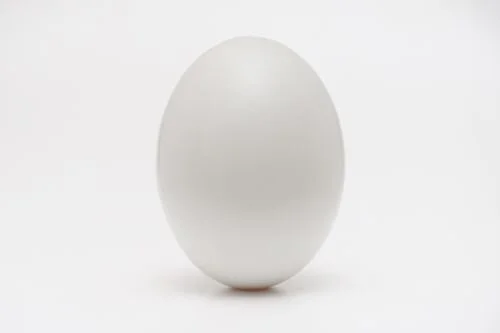What You Need to Know About Ovulation
When you are trying to conceive, knowing when you ovulate is so important. Just as each of us is unique so is our cycle. A big part of my job is educating women on how to understand their cycle and their fertile window. Sometimes the issue is just timing! Here are some key facts that will help you understand ovulation.
Most women use an app to track their cycle. Unless you are also tracking your temperatures it cannot accurately predict your ovulation. The best way to track your ovulation is to take your basal body temperature. See our previous blog here on how to track your temperatures. A progesterone test taken on cycle day 21 or one week after ovulation is also an accurate way to see if you have ovulated and a great way to determine that you are actually ovulating at all.
Fertile mucus is a sign that you will ovulate soon. You may have heard of it before, it's that sticky egg white sometimes clear discharge that you get after your period. A common misconception is that once you see fertile mucus you have ovulated and it is time to stop trying. It is actually the opposite! As estrogen starts to increase, your cervix produces fertile mucus as a sign that you are in your fertile window. Fertile mucus has the job of protecting sperm and helping it reach the cervix. Some women may not get noticeable fertile mucus, this does not mean you aren’t ovulating. Women on ovulation induction drugs such as Chlomid may also notice they have less fertile mucus. This is why getting to know your own unique cycle is such a great tool and I love using basal body temperature (BBT) to track cycles.
Start trying before you ovulate! You are most fertile on the day of ovulation and the five days before. In the right conditions (ie. in your fertile window) sperm can live up to 5 days. Once you have actually ovulated you have a window of 12-14 hours before you are no longer fertile. This is why the more you try in that 6 day fertile window the higher chance you have of conceiving.
You can ovulate anywhere in your cycle. Not only that, some women can release more than one egg per cycle! Most women will ovulate anywhere from day 11 - day 21 depending on the length of their cycle. Factors such as stress, weight changes and hormonal imbalances can also affect when you ovulate. Ovulating too early in your cycle or too late can cause issues when it comes to conceiving. Too early and you may have not built up enough of your endometrial lining for implantation to occur, and too late means you may have a luteal phase defect (ie/ your luteal phase is not long enough). A Chinese medicine practitioner or naturopath can support you naturally to help balance your hormones. A fertility specialist can also give drugs to promote ovulation.
Having a period every month doesn’t necessarily mean you have ovulated. This is called an anovulatory cycle. When I start seeing a client one of the first things I want to establish is are they actually ovulating and when. It can be frustrating to assume you are ovulating each month because you are getting your period and then wonder why you aren’t falling pregnant. If you suspect you are not ovulating, I encourage you to find a practitioner that can support you and guide you to the right further investigations.
Jaya x

